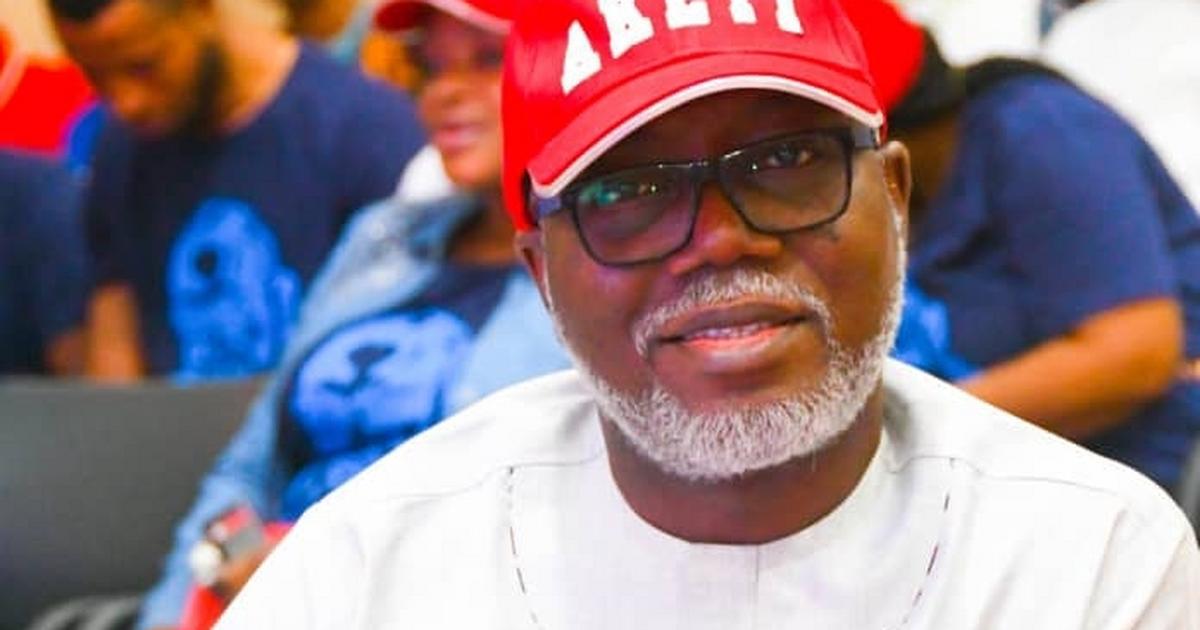Malala Yousafzai, the 17-year-old Pakistani activist from the Swat District, who recently earned President Goodluck Jonathan’s attention, is a courageous teenager whose story easily touches the heart. But the significance of her story has been deliberately exaggerated, carefully packaged and cleverly retailed across the globe. Malala, as we would recall became an instant global media attraction following her travail in the hands of the Taliban, whose nauseating hate for education, like the Boko Haram in Nigeria, had been taken to a notoriously senseless level.
As she boarded a bus on her way to school on a Tuesday afternoon in October 2012 a gunman accosted and shot her. The gunman, apparently acting on the orders of Taliban commanders, left her for dead. Malala’s crime was she not only wanted to go to school but also actively encouraged western education in the Swat District. She was airlifted to the UK, where she was treated in a hospital in Birmingham.
The Taliban action was no doubt the height of disrespect for life and civilisation and a case study in insanity. So, the outrage that followed the attack on Malala was understandably infectious.
A similarly pathetic but unequally treated story is that of Nabila Rehman. Nabila, unlike Malala, had been hit by a US drone in the same month. The nine-year-old, with her family, was picking okra in the vast fields in Western Waziristan in Pakistan when the CIA drone was unleashed. Within seconds Nabila and several other kids were wounded in the attack which killed her grandmother, Momina Bibi.
But unlike Malala she did not have the luxury of being flown abroad for treatment, nor did her story enjoy sufficient media coverage to make it as viral as Malala’s. When Nabila, eventually, travelled 7000 miles to Washington, D.C. to tell the US congress her story only five out of the 435 representatives lent her an ear. So, in their estimation, possibly because she was no victim of non-state violence she had no story to tell and, therefore, no sympathy to draw from.
In academic discourses two schools of terrorism studies are increasingly at loggerheads: the orthodox and critical. And the main point of contest between the two is the orthodox theorists’ vehement rejection of ideas that suggest state sponsorship of terrorism which the critical school seeks to advance. I am a student of the critical school.
In recent commentaries, including one a fortnight ago, I argued that the Abu Bakr al-Baghdadi-led Islamic State in Iraq and the Levant (ISIS) is an inevitable, although not directly intended, outcome of the invasion of Iraq and the aggressive policies that followed the invasion. I wrote:
“In making a case for the invasion, one of the accusations the former US President George W Bush levelled against the then Iraqi President Saddam Hussein was that he was harbouring terrorists. But it was later established the al-Qaeda only found its way into Iraq after the invasion and fall of Baghdad.”
ISIS, which has been mindlessly executing Shia Muslims in Iraq and parts of Syria, is as much a menace as any terror group. But it would be foolhardy to attempt understanding its origin (even though we know it is an off-shoot of al Qaeda) and motivations outside of the realm of discourses on state sponsorship of terrorism.
The Boko Haram’s continuing endurance in Nigeria and the Sahel is a product of the failure of governance and several policies afterwards. Whereas the orthodox theory would address the ‘how’ questions of the terror the Boko Haram constitutes and perpetuates it would be a waste of time and energy unless the ‘why’ issues around the conflict are also discussed.
State sponsorship of terrorism is not a myth. By not sufficiently acting to check terror or by using state apparatuses of violence to further fasten the noose on innocent victims of non-state terror the state becomes culpable too.
Whereas in the case of Malala the perpetrator, obviously the Taliban is a non-state violator whose crime easily drew condemnation and anger from all and sundry, including yours truly, Nabila’s is almost a forgotten issue. So, Malala’s plight and courage, glowingly showcased by the global media, have turned her into an emblem of the fight against oppression and, by implication, terrorism. And it was that image that persuaded our president into agreeing to talk, evidently belatedly, to the parents of the Chibok girls stolen months back.
Blueprint gives you the latest Nigerian news in one place. Read the news behind the news on burning National issues, Kannywood, Videos and the Military



